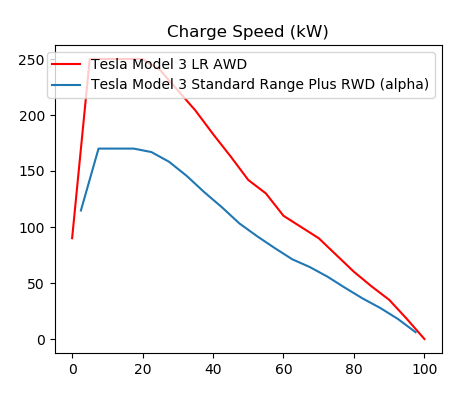Most people will leave for a trip with a full charge from home, costing a mere dollar or so. Most people will return home without a full charge, and be able to charge at home for a mere dollar.
So for many trips EV's will be significantly cheaper.
Superchargers are priced so they are a similar price to petrol. LPG or diesel may even be cheaper than a EV using a supercharger. However, many other charging options exist other than superchargers. Many ~20-50kw DC chargers are half or less the price of a supercharger. If you aren't in a rush on the road to cover a long distance quickly, make use of these.
For most people they don't need a supercharger for many trips beyond the city. A Sydney to Melbourne trip, that makes sense, not to Canberra.
Just drive to Canberra, charge at the hotel your staying at, or at a slower DC charger while at the airport. A quick check seems to indicate Ikea near the airport has free DC fast charging. Or one at the shopping centre is also free. So effectively your drive to Canberra could cost just a few dollars in energy. The V2 supercharger costs $0.56 per kw according to plugshare, the V3 in the Tuggeranong shopping centre is I assume more expensive.
For most RWD cars, unless you need to quickly charge up from <40% a supercharger is basically a waste, you are paying a premium for mere seconds faster charging compared to a 50Kw charger that is probably a third the price. For a RWD car, there is no point is selecting a V3 supercharger over a V2 supercharger, the 125Kw of the V2 is faster than your car can handle most of the time, and even for a 5%-80% would only save you seconds.
I don't really understand why Tesla locates them in CBD's. Far more useful on the major highways. We really need more high capacity V3/V4 on the highways




